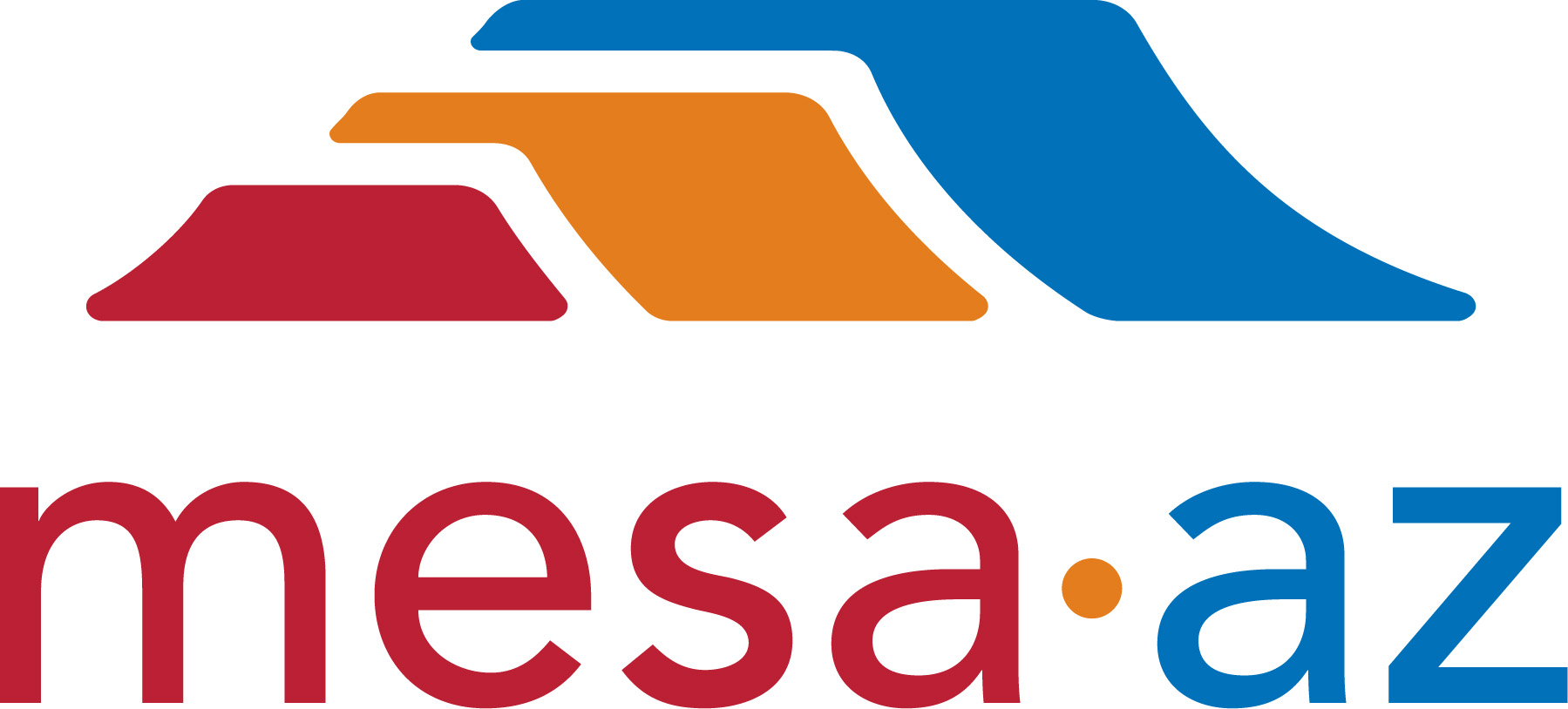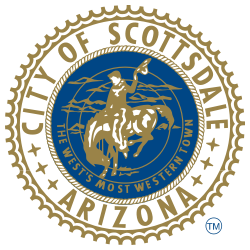In This Issue
What is Sustainable Aviation Fuel (SAF)
Funding and Webinars
Member Spotlight: Salt River Project
Sustainable Aviation Fuel
People everywhere, including groups like VSCCC, are working to lower harmful emissions across the transportation sector. While most of the focus of these efforts has been on ground transportation, it is also important to consider emissions from air transportation. Air transportation accounts for 2% of all carbon dioxide (CO2) emissions and 12% of all CO2 emissions from transportation worldwide. One solution to reducing these emissions is Sustainable Aviation Fuel (SAF).
Sustainable Aviation Fuel is an alternative fuel made from non-petroleum, bio based renewable feedstocks. These feedstocks can include food waste, municipal and agricultural waste, fats, greases and oils. SAF can be blended with conventional jet fuel at different levels between 10% and 50%, depending on the feedstock and can be used in existing aircraft and infrastructure. It can also reduce CO2 emissions by up to 80% when compared to conventional jet fuel.
Sustainable Aviation Fuel is currently being adopted by airlines and airports throughout the USA and Europe. SAF is even being used here in Arizona by Sedona Airport and Scottsdale Airport. According to the International Civil Aviation Organization (ICAO), over 360,000 commercial flights have used SAF at 46 different airports. According to the Environmental Protection Agency (EPA), approximately 24.5 million gallons of SAF was used in 2023.
Research on different SAF feedstocks, production techniques and blends are still being conducted but the future of sustainable aviation fuel looks promising. If you would like to learn more about what SAF is as well as research and studies check out the DOE’s Alternative Fuels Data Center.
Funding
Connected Communities 2.0 Funding Announcement
The U.S. Department of Energy (DOE) announced up to $65 million for Connected Communities 2.0, a funding opportunity announcement (FOA) to drive innovation to manage growing building, transportation, and industrial electric loads on the grid. This FOA seeks to validate grid-edge technology innovations in real-world situations and provide new tools for utilities, grid planners and operators, automakers and smart charge management service providers, and the communities they serve. The goal is to foster development of new technologies to ensure that the grid is flexible, resilient, and sized correctly to accommodate increasing loads from vehicle charging, data centers, and building and industrial electrification. Examples include managed EV charging, low-power appliances, smart panels, energy storage, energy efficiency, and rooftop solar, as well as innovative distribution and grid planning strategies.
Required concept papers are due Aug. 20, 2024, and full applications are due Oct. 10, 2024.
Join an informational webinar on July 29.
Smart Manufacturing for Clean Energy Transition Funding
The U.S. Department of Energy’s (DOE) Advanced Materials and Manufacturing Technologies Office (AMMTO) released a $33 million funding opportunity to accelerate the advancement of smart manufacturing technologies and processes necessary to develop and deploy the innovative technologies and materials needed for the nation’s clean energy transition.Recipients of funding from this opportunity will support research to develop smart manufacturing technologies that improve the efficiency and economics of circular supply chains; advance sustainable transportation manufacturing; accelerate the development of high-performance materials for the clean energy transition; and create more sustainable, safe, and competitive mining in the United States.
Deadline for Concept Papers: Aug. 22, 2024, at 5 p.m. ET
Full Applications Due: Nov. 18, 2024, at 5 p.m. ET
Intertribal Organization Opportunity: Support for Tribal Clean Energy Communication and Engagement
The “Intertribal Organization Opportunity: Support for Tribal Clean Energy Communication and Engagement” funding opportunity is focused on enhancing outreach and engagement to improve federally recognized Tribes’ navigation and access to DOE clean energy funding and technical assistance.
Eligible non-profit regional intertribal organizations may request up to $300,000 annually for up to 3 years. Funding will support communication, internal organizational capacity-building, and engagement activities with the goal of building long-lasting effective working relationships between Tribal elected leaders and staff, and DOE.
Apply by 3 p.m. ET on Sept. 24, 2024.
RSVP for the Objective Strategy Session on Aug. 15, 2024, at 3 p.m. ET, which will include an overview of the program objectives and an opportunity to ask questions.
Attend the informational office hours session for potential applicants on Sept. 17, 2024, at 3 p.m. ET to ask additional questions.
CHARGING AND FUELING INFRASTRUCTURE GRANT (CFI) ROUND 2
Round two of the CFI Grant Program is now open. New applicants can apply by August 28, 2024 for this funding opportunity. Previous applicants can request to reapply by July 1, 2024. The grant program is divided into two funding categories and requires that 50% of the funding over five years is made available for both Communities and Corridors:
Community Charging and Fueling Grants: This program will strategically deploy publicly accessible EV charging infrastructure and hydrogen, propane, and natural gas fueling infrastructure in urban and rural communities.
Alternative Fuel Corridor Grants: This program will strategically deploy publicly accessible EV charging infrastructure and hydrogen, propane, and natural gas fueling infrastructure along designated AFCs.
Eligible applicants include states, metropolitan planning organizations, local governments, port authorities, Indian Tribes, U.S. territories, and more. Projects for both categories are outlined in the Notice of Funding Opportunity.
Tribal and Territory Grants: Diesel Emissions Reduction Act
Applications are being accepted for the 2024 DERA Tribal and Territory Funding Opportunity. This funding is meant to incentivize and accelerate the upgrading or retirement of the nation’s legacy diesel engine fleets. Eligible activities include the retrofit or replacement of existing diesel engines, vehicles, and equipment with the EPA and California Air Resources Board (CARB) certified engine configurations and verified retrofit and idle reduction technologies. This funding has no mandatory cost share requirement.
CLEAN BUS PLANNING AWARDS
The Clean Bus Planning Awards (CBPA) program reduces barriers to zero-emission bus deployment by providing school and transit bus fleets with free technical assistance to develop comprehensive and customized fleet electrification transition plans.
CBPA is managed by the National Renewable Energy Laboratory (NREL) and funded by the Joint Office of Energy and Transportation (Joint Office). CBPA connects transit and school bus fleets with technical experts to support planning for bus electrification. Fleets also have the option to receive free deployment assistance from NREL at the completion of their plan. Applications accepted on rolling basis.
Webinars
EPA Clean School Bus Program and NREL Clean Bus Planning Awards Webinar Series
1. July 31, 2024 10:00 AM MST: Battery Overview, Recycling/End-of-Life Options
2. August 28, 2024 10:00 AM MST: Building a Case For ESBs in your Fleet including Benefits, Total Cost Of Ownership (TCO), and Emissions Calculators
3. September 25, 2024 10:00 AM MST – Electrification Process, a Step-by-Step Guide for New Adopters
EPA’s Clean School Bus Program provides $5 billion over five years to replace school buses with low- and zero-emission school buses. Additionally, NREL’s $5 million Clean Bus Planning Awards Program provides free technical assistance to create comprehensive and customized bus electrification plans for fleets. This webinar series co-hosted with the Joint Office of Energy and Transportation will cover technical assistance topics related to clean school buses.
Salt River Project (SRP), is a not-for-profit organization that provides water and power services to more than 2 million people in central Arizona. The organization is also committed to sustainability and is working to reduce carbon emissions and improve water and grid resiliency.
In addition to this, SRP provides residential and business customers with resources to help them take advantage of new energy technologies such as EV’s. Customers with EV’s can qualify for a home EV charger rebate and take advantage of their Electric Vehicle Time of Use Price Plan. SRP also offers fleet electrification assessments and charger rebates for its business customers.
VSCCC is proud to have SRP as a member of our coalition and even more grateful for SRP Fleet Specialist, Mike Heath, who serves as Chair of our board of directors.
VSCCC strives to provide alternative fuel information to all people within our region. In order to increase our outreach abilities we are working with local agencies to share our newsletter and clean fuel resources with an even greater audience. We are proud to partner with the Inter-Tribal Council of Arizona's Air Quality Department, ASU's Sustainable Cities Network and Maricopa County Air Quality Department.
OUR NEWSLETTER IS ALSO AVAILABLE IN SPANISH
Translations done by Diego Montemayor- Diego@cleanairaz.org












